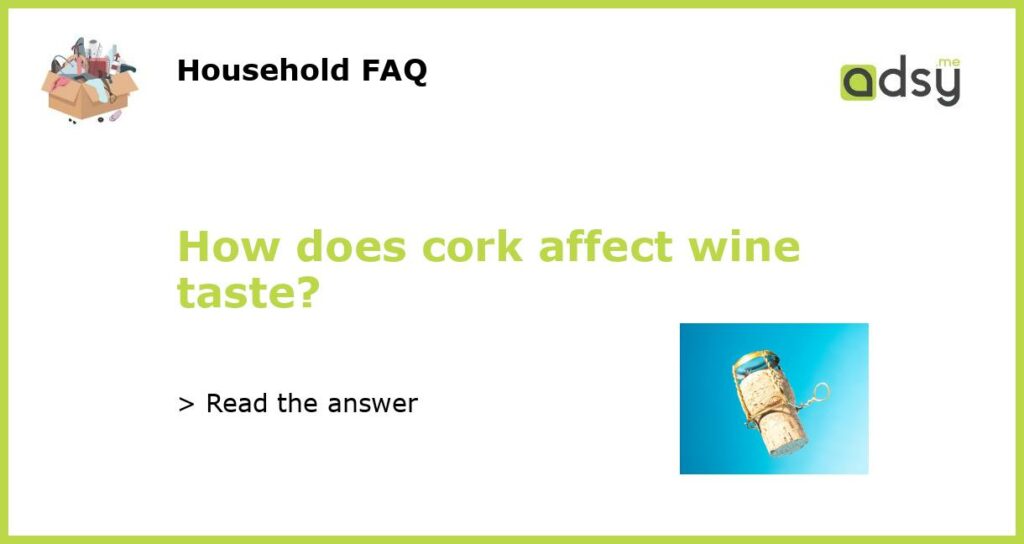Understanding the Relationship Between Cork and Wine
Wine is a complex beverage that boasts a wide range of flavors and aromas, many of which are influenced by the type of cork used during the bottling process. Cork, which is harvested from the bark of cork trees, has been used as a wine bottle closure for centuries. However, the relationship between the cork and wine is not always straightforward. In this article, we explore the impact of cork on wine taste and why it matters.
The Science Behind the Cork-Wine Relationship
When wine is bottled with a natural cork, the cork expands and creates an airtight seal. Over time, the cork allows a small amount of oxygen to enter the bottle, which can help the wine to age and develop complex flavors. However, if the cork is damaged or tainted, it can introduce unwanted flavors and aromas into the wine. Cork taint is caused by a chemical compound called TCA, which can be present in corks or other materials used in the production process.
The Impact of Cork on Wine Taste
Cork can have both positive and negative effects on wine taste. On the one hand, cork can help wine to age and develop desirable flavors such as vanilla, cedar, and spice. On the other hand, cork taint can cause wine to smell and taste musty, damp, or moldy. Cork taint can also dull the fruit flavors in wine, making it taste flat or uninteresting.
Alternatives to Natural Cork
In recent years, many winemakers have turned to alternative closures such as screw caps or synthetic corks. These closures offer a more consistent seal than natural cork and are less prone to cork taint. However, some wine enthusiasts argue that these closures can also impact the taste and aging potential of wine, as they do not allow any oxygen to enter the bottle. Ultimately, the choice of closure is up to the winemaker and the desired style of wine.
The Importance of Cork Quality
Whether wine is bottled with natural cork or an alternative closure, the quality of the cork is crucial. A damaged or low-quality cork can ruin an otherwise great bottle of wine, while a high-quality cork can enhance the wine’s flavors and aromas. As a result, many winemakers invest in the highest quality corks available and rigorous quality control measures to ensure their wine is properly sealed and protected.






